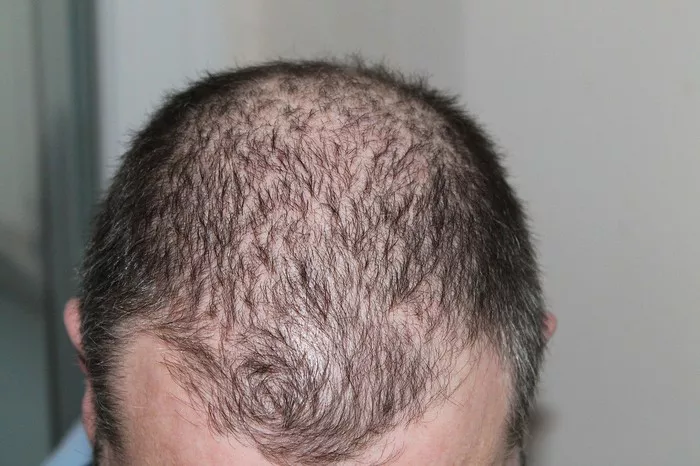A well-balanced diet is essential for overall health, including the health of our hair. However, certain dietary choices can potentially lead to hair loss. In this comprehensive article, we delve into the relationship between diet and hair loss, exploring how specific eating patterns and nutrient deficiencies can impact the condition of our locks.
The Impact of Nutrition on Hair Health
Our hair’s health and growth depend on a variety of nutrients, vitamins, and minerals. Proper nutrition ensures that hair follicles receive the essential components they need to maintain strength, shine, and vitality.
Diets That Can Cause Hair Loss
Certain diets may lack the necessary nutrients for healthy hair growth or promote conditions that contribute to hair loss:
1. Crash Diets
Crash diets, extremely low-calorie diets, or fad diets can deprive the body of essential nutrients, leading to hair loss. These diets may lack sufficient protein, iron, zinc, and other vital nutrients necessary for hair health.
2. Low-Protein Diets
Proteins are the building blocks of hair, and insufficient protein intake can result in weakened hair shafts and increased hair shedding.
3. Extreme Low-Carb Diets
Diets very low in carbohydrates may limit the intake of essential vitamins and minerals found in fruits, vegetables, and whole grains, which can affect hair health.
4. High-Sugar Diets
A diet high in sugar can lead to insulin spikes and inflammation, which may negatively impact hair follicles and contribute to hair loss.
5. Vegan or Vegetarian Diets Lacking Key Nutrients
While plant-based diets can be healthy, individuals following vegan or vegetarian diets should pay attention to getting adequate protein, iron, vitamin B12, and omega-3 fatty acids, which are essential for hair growth.
6. Gluten-Free Diets
Gluten-free diets may lack certain nutrients found in gluten-containing grains, potentially affecting hair health if not adequately balanced.
7. Restrictive Eating Habits
Individuals with eating disorders or restrictive eating habits may experience hair loss due to nutritional deficiencies and stress on the body.
What nutrients does hair need
To maintain healthy hair, consider incorporating these key nutrients into your diet:
1. Protein
Protein-rich foods like lean meats, fish, eggs, and legumes provide the necessary amino acids for hair growth.
2. Iron
Iron is essential for delivering oxygen to hair follicles. Include iron-rich foods like red meat, spinach, and lentils in your diet.
3. Omega-3 Fatty Acids
Found in fatty fish, chia seeds, and walnuts, omega-3 fatty acids promote scalp health and reduce inflammation.
4. Biotin
Biotin is a B-vitamin important for hair strength and growth. Eggs, nuts, and sweet potatoes are good sources of biotin.
5. Vitamin C
Vitamin C aids in collagen production, which is crucial for hair structure. Citrus fruits, strawberries, and bell peppers are excellent sources.
6. Zinc
Zinc supports hair follicle health and can be found in foods like oysters, pumpkin seeds, and chickpeas.
7. Vitamin D
Vitamin D plays a role in hair follicle cycling. Fatty fish, fortified dairy, and sunlight exposure are sources of vitamin D.
8. Vitamin E
Vitamin E is an antioxidant that promotes blood circulation in the scalp. Nuts, seeds, and spinach are rich in vitamin E.
Conclusion
In conclusion, what we eat significantly impacts our hair’s health and growth. Diets lacking essential nutrients or imbalanced eating habits can lead to hair loss. By adopting a well-rounded diet rich in protein, iron, vitamins, and minerals, you can nourish your tresses from the inside out and promote healthy, lustrous locks.
Remember that the journey to healthy hair involves not only external hair care but also mindful attention to nutrition and overall well-being. Embrace a balanced approach to your diet and prioritize the nutrients that support your hair’s resilience and radiance. With the right nutritional foundation, you can enhance your hair’s natural beauty and confidence.


